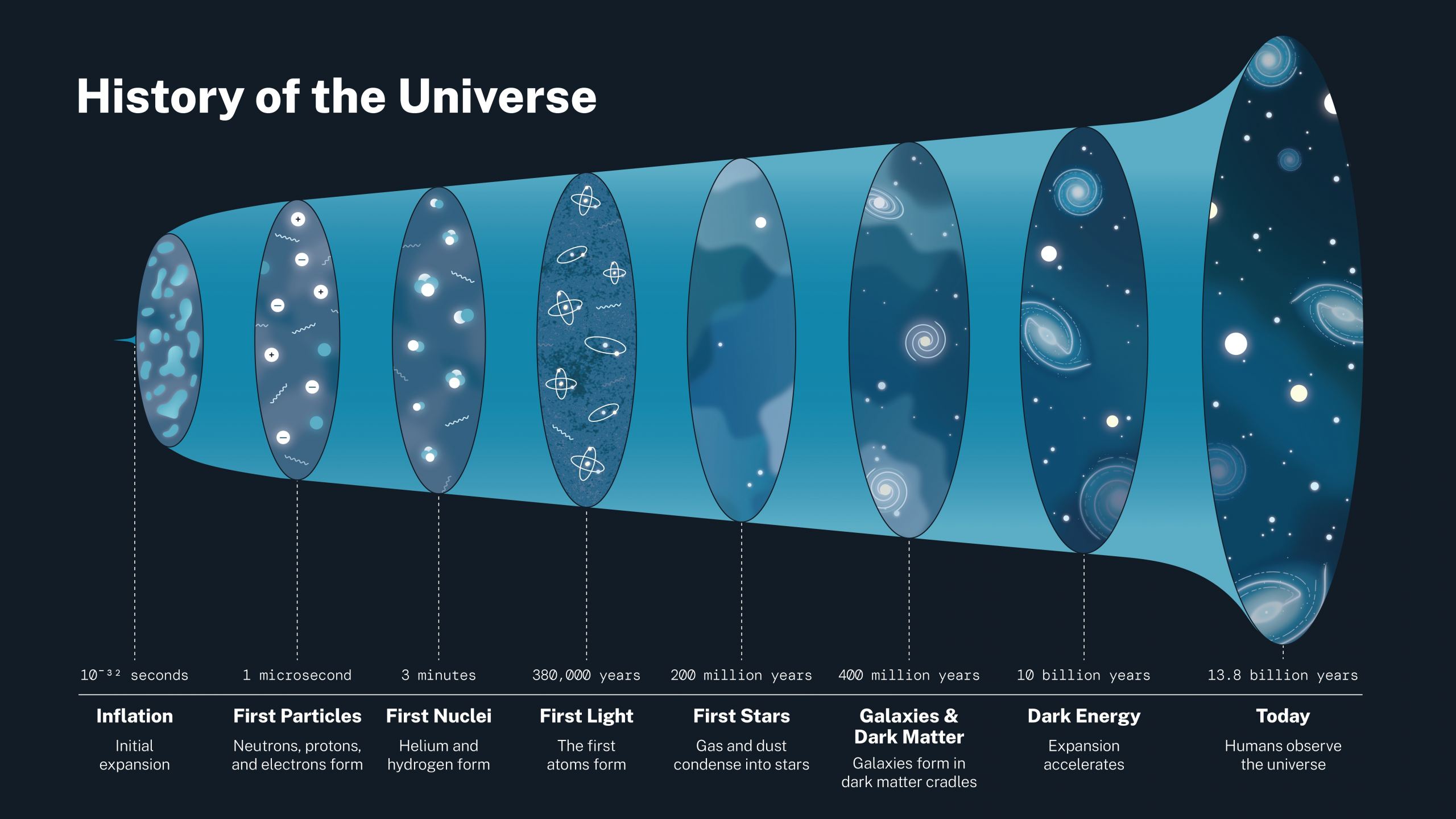The English Riviera UNESCO Global Geopark has unveiled a groundbreaking discovery: fossils of ancient trees, predecessors to modern palm trees, were uncovered at Saltern Cove in Torbay, South Devon. These 377-million-year-old fossils shed light on the region’s prehistoric environment, potentially rewriting its geological history.
The fossils, identified as belonging to lycopsids—shorter ancestors of today’s palm trees—were found during a condition survey at the Geopark’s Sites of Special Scientific Interest. This unprecedented find has sparked widespread excitement among scientists and geologists. The fossils, including pieces of roots and bark, have been transferred to the Torquay Museum for further study.
A Window Into Prehistoric Torbay
The discovery offers valuable insights into the geological past of Torbay:
- Lycopsids Overview: Primitive trees about 13 feet tall that resembled shorter versions of modern palms and contributed to coal formation.
- Environmental Insights: The fossils suggest the presence of volcanic islands with vegetation in a landscape previously thought to be entirely marine.
- Historical Impact: This find marks the first evidence of land-based vegetation in the region during the Devonian period.
Dr. Kevin Page, President of ProGEO and Honorary Senior Research Fellow at the Camborne School of Mines, University of Exeter, noted, “These fossils are incredibly significant as they provide valuable insights into the prehistoric environment of Torbay, including the presence of volcanic islands with trees growing on them.” This discovery could represent the first record of a Devonian desert island with trees.


Collaborative Efforts to Preserve the Find
The discovery process and preservation efforts required meticulous planning:
- The fossils were initially kept confidential while an official working group was assembled, including experts from the Universities of Exeter, Plymouth, Cardiff, and Lille, along with Natural England.
- The team devised a plan to recover the fossils, which were at risk of erosion from winter storms. They ensured proper removal by carefully winching the fossils up a cliff with the assistance of expert geologists.
- The fossils are now housed at the Torquay Museum, where they will undergo in-depth investigation to better understand the geological processes that shaped the English Riviera.
Melanie Border, Geopark Coordinator, emphasized, “Our Devonian age rocks have only provided evidence of a marine environment until now. This opens a new chapter of changing environments and conditions for us and highlights the importance of preserving and studying our natural heritage.”
The English Riviera: A Geological Treasure Trove
This discovery underscores the global importance of the English Riviera UNESCO Global Geopark:
- A unique blend of natural beauty and geological significance, recognized worldwide for its scientific and cultural value.
- A new perspective on its prehistoric landscape, revealing a complex history of volcanic islands and vegetation.
The lycopsid fossils not only enrich our understanding of Torbay’s ancient environment but also open a new chapter in the study of changing environments during the Devonian period. As Melanie Border concluded, “It opens a new chapter for us and highlights the importance of studying our natural heritage.”
The English Riviera is already a location of geological wonders and natural heritage, and this reputation will only strengthen as more and more old tree fossils are studied.
For more information about the English Riviera UNESCO Global Geopark and to follow the story of the fossil going forward as it undergoes research, please visit www.englishrivierageopark.org.uk.
Got a reaction? Share your thoughts in the comments
Enjoyed this article? Subscribe to our free newsletter for engaging stories, exclusive content, and the latest news.









Leave a Comment